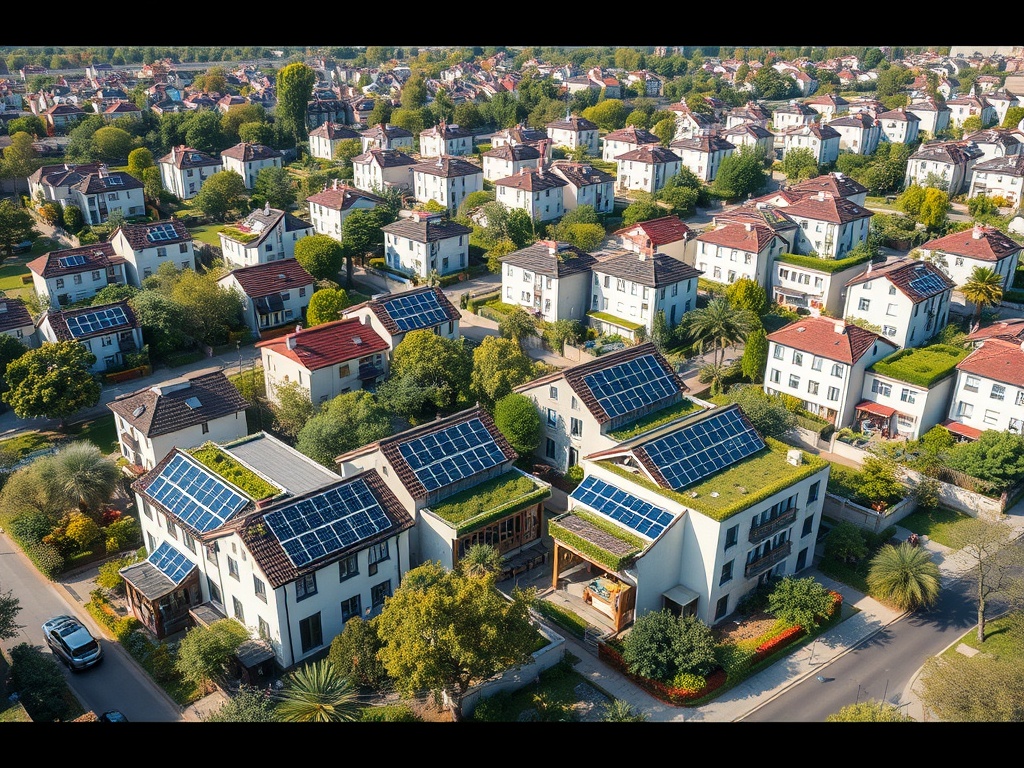The Unsettling Revelation of AI

I used to think that children were meant to be a source of comfort, a legacy we could cherish, and a reassuring stake in the future. Instead, my son, a 13-year-old technophile, walked into the living room and triggered an existential crisis for both of his parents. This crisis, still unfolding, feels vast and perhaps even fatal. He, a young man who has long challenged us—two adults seemingly out of touch with modern technology—by critiquing our GPUs, our lack of VPN security, and our outdated understanding of the digital world, did the unthinkable. He introduced us to ChatGPT.
We had heard of its existence, primarily as a product of OpenAI, the company for which Elon Musk recently made a staggering $97 billion (£77 billion) bid. We grasped (though I stretch the meaning of “grasp” to its very limits) that it can scrape and summarize relevant information from the web, transforming it into coherent English responses to user queries. But there was something about it that we simply didn’t believe. You can read countless articles about the ChatGPT phenomenon or AI in general; you can engage with (human—look at me specifying already!) experts discussing the pros, cons, and likely or unlikely scenarios of this impending revolution. Yet, until you witness its operation on your own couch, until you observe your child—armed with a young, impressionable, and still naive mind—interacting with this technology, you don’t truly comprehend the outcome: we are, without doubt, all doomed.
This doom is not some distant future; it is a present reality. The inevitability is inscribed in the very nature of this technology. If we’re fortunate, we might retreat to our caves, huddled around flickering campfires until the wildlife claims us as their next meal. If we’re exceptionally lucky, a few of us will serve as aides or security for those who have already constructed fortified bunkers in the world’s most remote locations. Notably, these tech giants are often the primary architects of such havens. For instance, Mark Zuckerberg has built a $270 million, 5,000-square-foot underground facility beneath his sprawling 1,400-acre estate on the isolated island of Kauai. Meanwhile, Peter Thiel, co-founder of PayPal, has his sights set on subterranean New Zealand. And while Musk may aim for Mars, an entire industry has emerged to cater to the escape plans of these wealthy moguls.
Returning to our living room, I watched my son engage in an animated conversation with what can only be described as a tin can. This “can” has access to the world’s data, granted without any oversight, restriction, or regulatory care. It operates devoid of individual permissions or ethical considerations, marking perhaps the greatest experiment on humanity since time immemorial.
Implications of AI on Our Future
- My son then passed his phone to his visibly shaken father, who accepted it as if it were some volatile explosive. He rigorously tested its capabilities, asking scholarly questions rather than mere facts, and the results were astonishingly impressive.
- The conversation flowed effortlessly, with seamless intonation and relevant small talk inserted at just the right moments, all of which was utterly terrifying. It became painfully clear that AI could take over nearly every job. It can mimic someone’s writing style and produce adequate articles for any editor willing to accept them without cost.
- Moreover, AI could analyze legal inquiries, effectively rendering solicitors and barristers obsolete within days. A new era is upon us, if it hasn’t already arrived—one where AI can evaluate medical scans and provide diagnoses with greater accuracy than a single physician.
- My son, in his cheerful innocence, outlined numerous short-term benefits of this technology. For instance, patients could experience higher cure rates thanks to AI’s capabilities. I acknowledge that this is indeed a positive aspect. However, the long-term consequences are daunting. It threatens to diminish the drive for human progress, stripping away the need for effort and ambition.
- We are stepping into a phase that may lead to stagnation, followed by decline. AI merely scrapes and reassembles existing knowledge, which means we are spiraling downwards into irrelevance. The solution? Seek refuge in places like New Zealand or Hawaii, and take on roles reminiscent of Depression-era laborers.
- Instead of carrying a sign that reads “Will work for food,” I propose one that says, “Will provide human connection amid overwhelming technological indifference.” I suspect Zuckerberg and his contemporaries will only require a handful of us.
Run while you still can.




